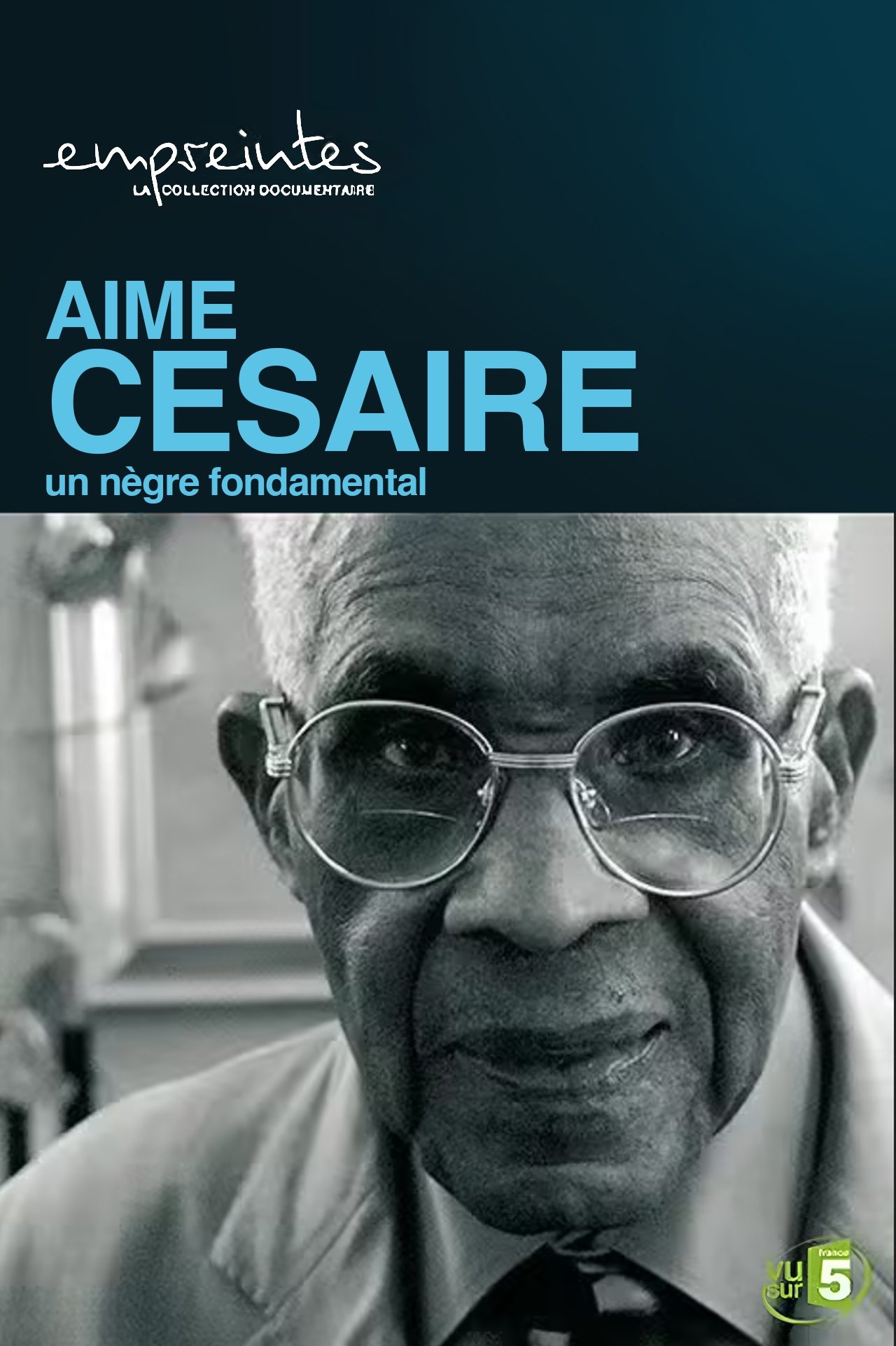Marfil (2011)
• January 1st, 2011 • 0h 30min
Documentary
Overview
The first filmmaker arrived in Equatorial Guinea in 1904. The last movie theatre closed in Malabo in the 1990s. In 2011, during the II African Film Festival of Equatorial Guinea, the Marfil Movie Theatre reopened its doors. Florencio, Ángel and Estrada tells us how cinema has been, and is still, present in their lives.
Make sure to check your pop-up blocker!!
Trailer
Similar Movies

The Wildebeest Migration: Nature's Greatest Journey
Released on: 2012-12-15
Documentary
Every year, on the steppes of the Serengeti, the most spectacular migration of animals on our planet...
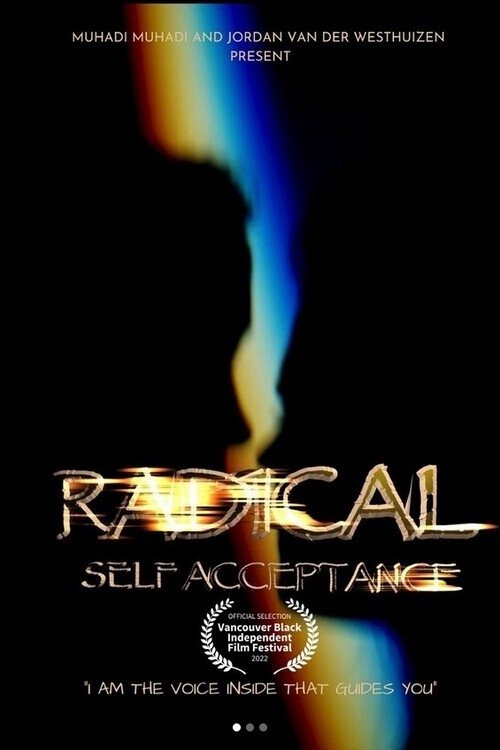
Radical Self Acceptance
Released on: 2021-12-10
Documentary
We are living in the time of a heteronormative society that antagonizes Queer people for their Being...

Memory Books
Released on: 2008-05-01
Documentary
In Uganda, AIDS-infected mothers have begun writing what they call Memory Books for their children. ...

When We Were Kings
Released on: 1996-10-25
Documentary, TV Movie, History, Music
It's 1974. Muhammad Ali is 32 and thought by many to be past his prime. George Foreman is ten years ...

White Man with Black Bread
Released on: 2007-01-13
Documentary
Christof Wackernagel, best known in Germany as an actor and former member of the Red Army Faction ("...

Der lange Weg ans Licht
Released on: 2008-02-28
Documentary
Edeltraut Hertel - a midwife caught between two worlds. She has been working as a midwife in a small...

Circumcision
Released on: 1949-01-01
Documentary
Rites and operation of the circumcision of thirty Songhai children on the Niger. Material of this fi...

Jane
Released on: 2017-12-28
Documentary
Drawing from never-before-seen footage that has been tucked away in the National Geographic archives...
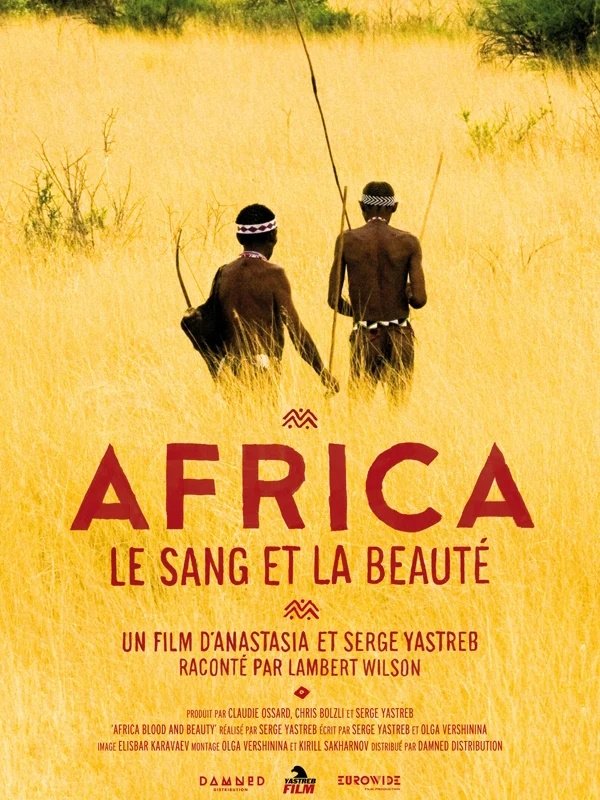
Africa, Blood & Beauty
Released on: 2012-01-04
History, Documentary
This film speaks of archaic peoples, their customs and mores, in an attempt to make the last snapsho...

The Hunters
Released on: 1957-01-01
Documentary
An ethnographic film that documents the efforts of four !Kung men (also known as Ju/'hoansi or Bushm...
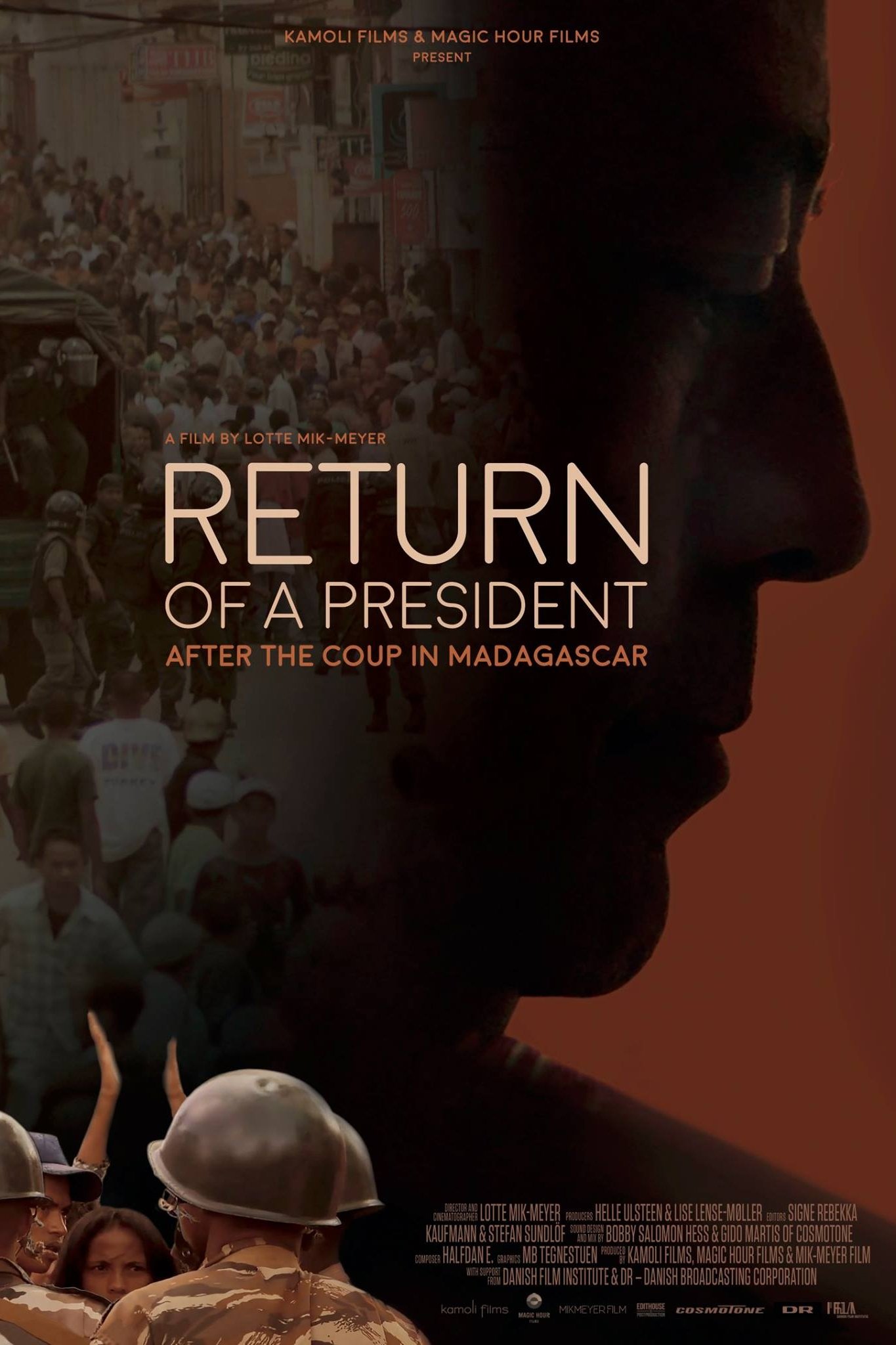
Return of a President
Released on: 2017-03-18
Documentary
In a fascinating geopolitical drama, Danish filmmaker Mik-Meyer closely follows Ravalomanana as he a...

Liyana
Released on: 2017-07-15
Animation, Documentary
A talented group of orphaned children in Swaziland create a fictional heroine and send her on a dang...

Algeria in Flames
Released on: 1958-01-02
Documentary, War
These are the first images shot in the ALN maquis, camera in hand, at the end of 1956 and in 1957. T...
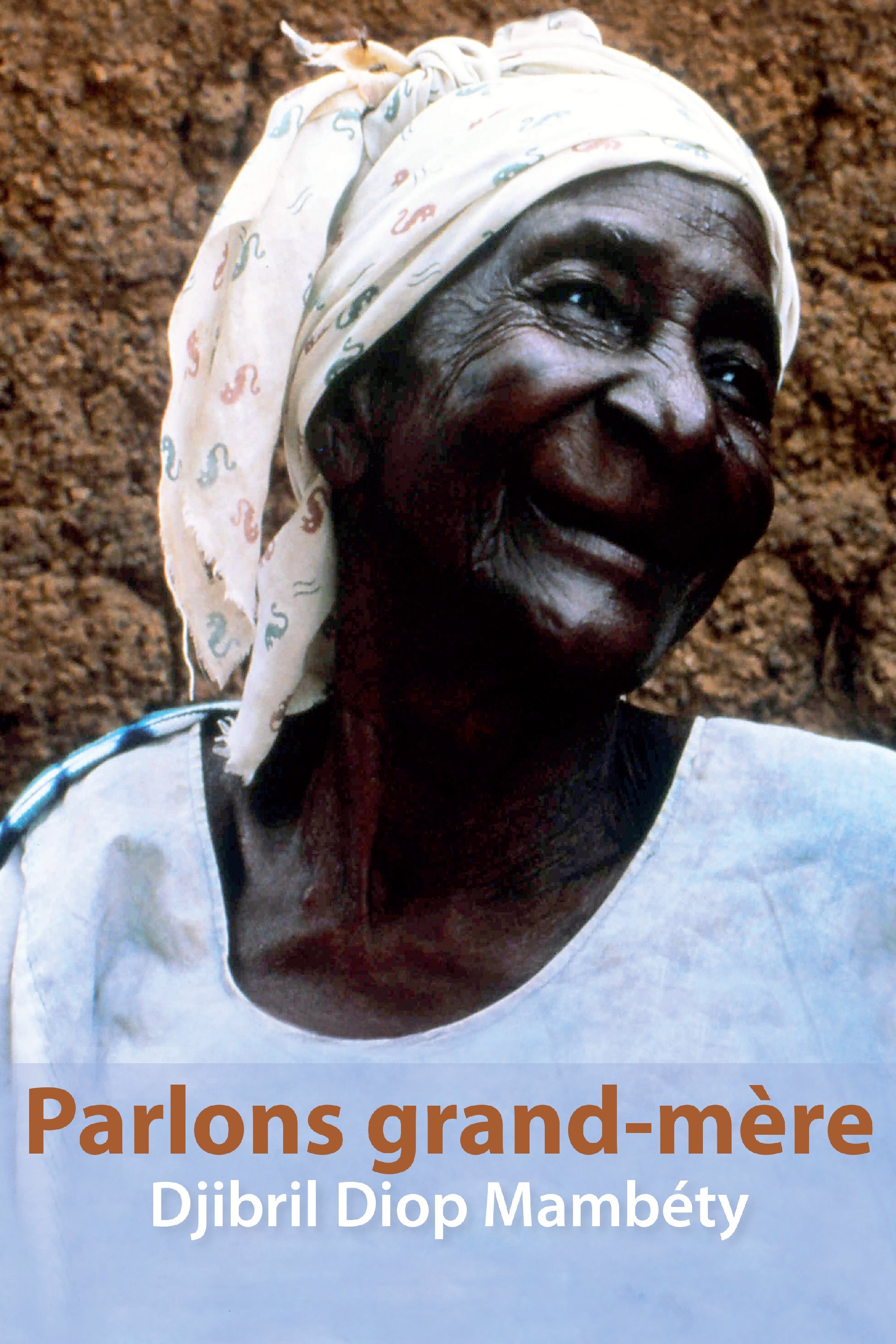
The Making of Yaaba
Released on: 1989-01-02
Documentary
Djibril Diop Mambéty followed and filmed the shooting of Yaaba, Idrissa Ouédraogo's second feature f...

Back To Africa
Released on: 2008-04-01
Documentary
An Austrian director followed five successful African music and dance artists with his camera and fo...
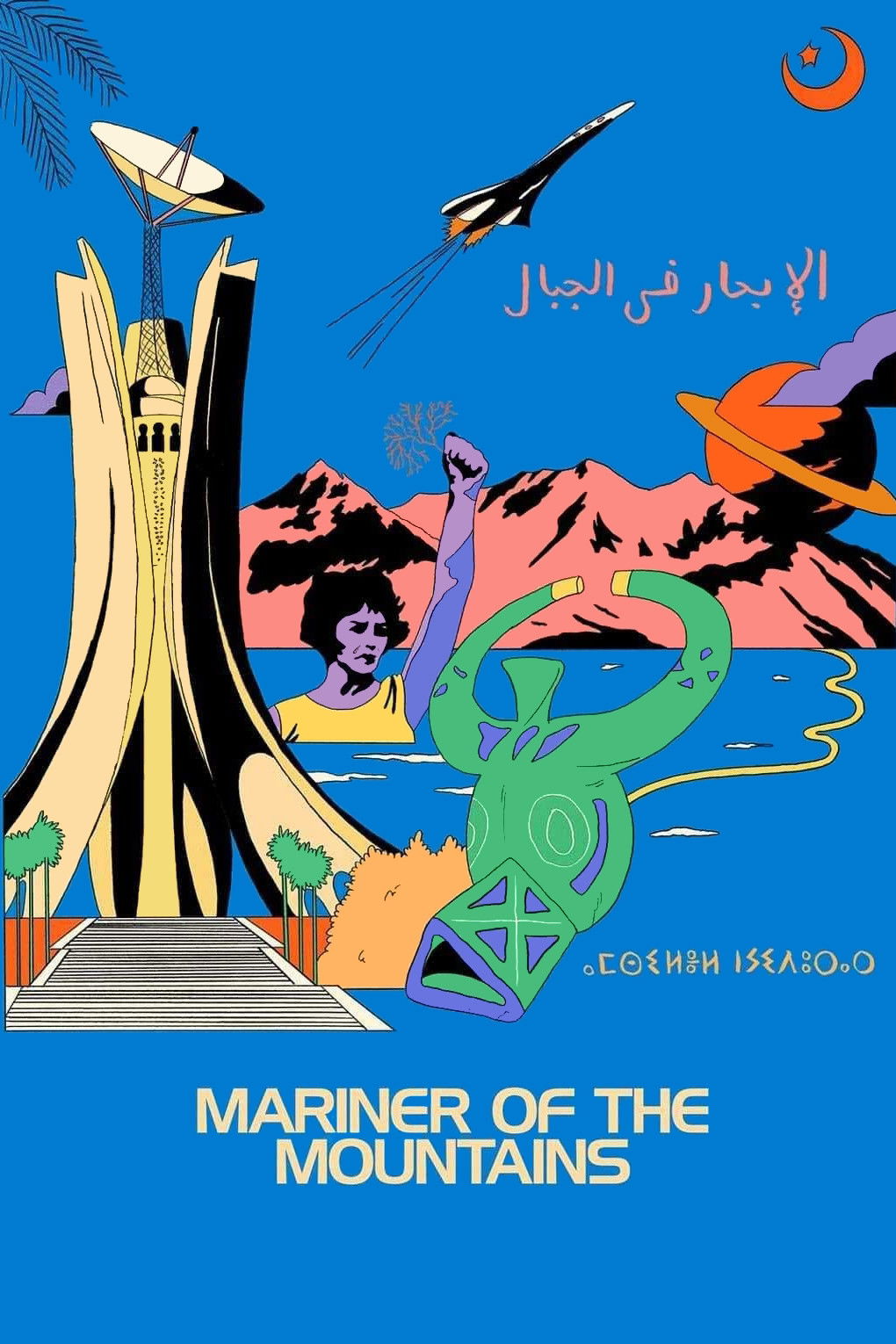
Mariner of the Mountains
Released on: 2023-09-28
Documentary
Filmmaker Karim Aïnouz decides to take a boat, cross the Mediterranean, and embark on his first jour...

The Tales from Kibera Radio
Released on: 2012-01-01
Documentary
Kibera is the largest slum area in Nairobi, and the largest urban slum in Africa. This documentary d...
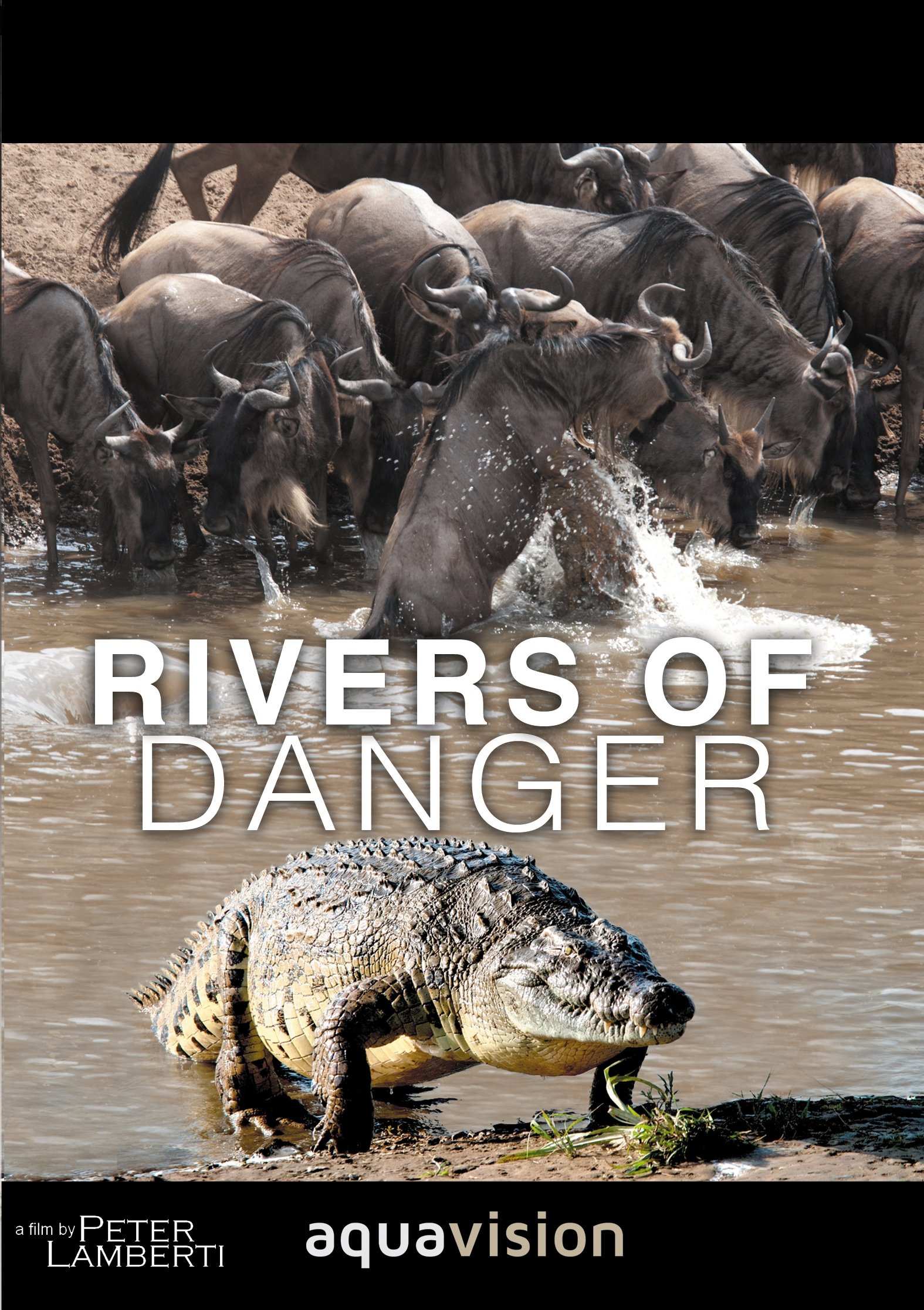
Rivers of Danger
Released on: 2004-01-01
Documentary
The rivers of Africa bring life and abundance to their inhabitants, but they can also be the arena f...
